
What Is CBG Oil?
If you’re looking for a comprehensive, natural solution to tackle inflammation and its debilitating effects, you’re in the right place. Welcome to the new era

B12 Vitamin: What You Need to Know
B12 vitamin, also known as cobalamin, is an essential nutrient that our bodies cannot produce on their own. We need to get it from food or dietary supplements. It is important for vegetarians, pregnant and breastfeeding mothers, and those at risk of B12 vitamin deficiency to ensure they get enough of this essential vitamin. Let’s find out more about B12!
B12 vitamin, also known as cobalamin, is a water-soluble vitamin that plays an important role in several vital functions of our body. It can be found in animal-based foods such as dairy products, eggs, fish, meat, and poultry, which naturally contain B12. There are also products available that are fortified with B12 vitamin.
B12 vitamin contributes to:
B12 vitamin is less easily absorbed as we age, but even those who follow a vegan diet, meaning they do not consume any animal-based foods, can experience B12 vitamin deficiency.
The likelihood of developing vitamin deficiency is higher in the following conditions:
According to a 2019 study*, symptoms of B12 vitamin deficiency may include:
*Neurological symptoms of vitamin B12 deficiency: analysis of pediatric patients (Heps en Mine Serin, Elif Acar Arslan)
The amount of B12 vitamin you should take depends on factors such as your age, eating habits, health condition, and medications you take.
Here are the recommended amounts of B12 vitamin in micrograms (mcg) based on age:
Since B12 vitamin is water-soluble, it is generally considered safe even in high doses because any excess is eliminated from the body through urine. However, taking too much B12 vitamin can have certain negative side effects.

Dietary supplements containing B12 vitamin usually come from two sources:
Cyanocobalamin is more commonly used because it is considered more stable and cost-effective compared to other forms of B12 vitamin.
While many people can meet their vitamin needs through diet alone, older adults, strict vegetarians, and those with digestive disorders may benefit from dietary supplements to replenish their B12 vitamin levels.
The USA medical Multivitamin for Women and USA medical MULTIVITAMIN for Men products combine B12 vitamin and other essential vitamins and minerals with the power of natural plants and fruits such as cranberry, hawthorn, grape seed, pomegranate, and blackcurrant extracts. If you’re interested in trying other premium quality products, explore our online shop for various dietary supplements.
These statements have not been evaluated by the Food and Drug Administration. These products/services are not intended to diagnose, treat, cure, or prevent any disease.

If you’re looking for a comprehensive, natural solution to tackle inflammation and its debilitating effects, you’re in the right place. Welcome to the new era

The Invisible Enemy Within You wake up feeling groggy, your joints ache, and that old neck pain seems to have returned. No, it’s not just

CBG oil has been creating waves in the health and wellness industry, and for good reasons. But with any health trend, it’s crucial to separate
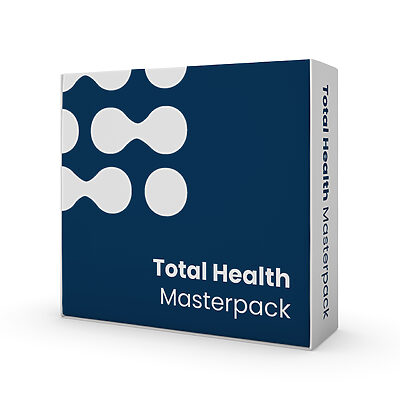
In stock | Free shipping
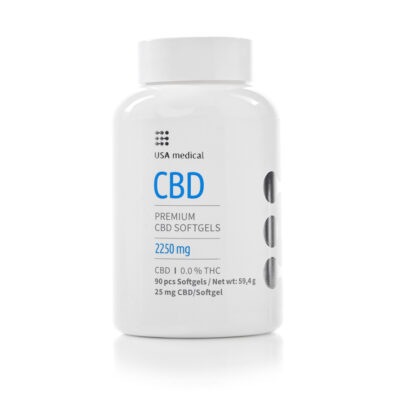
In stock | Free shipping
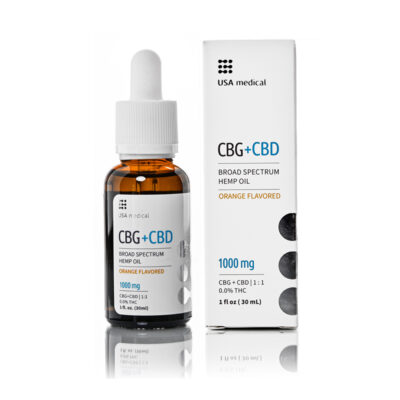
In stock | Free shipping
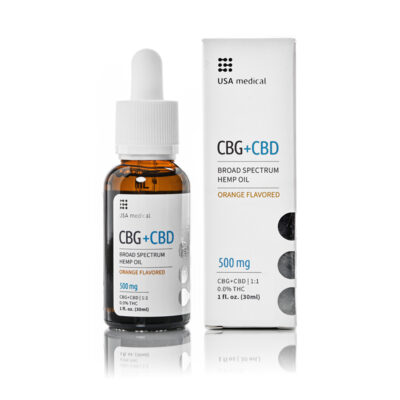
In stock | Free shipping
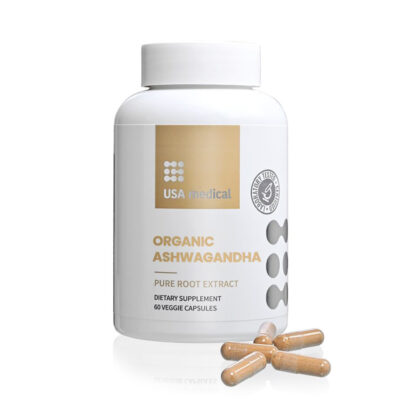
In stock | Free shipping
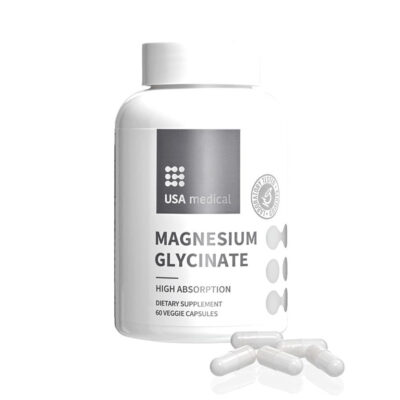
In stock | Free shipping
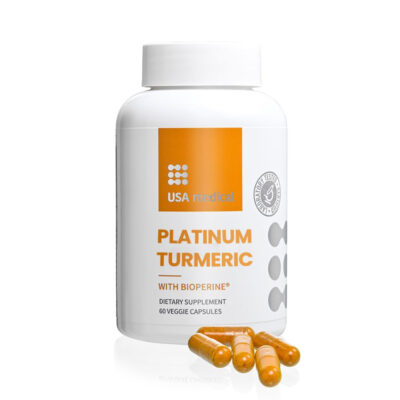
In stock | Free shipping

In stock | Free shipping

In stock | Free shipping
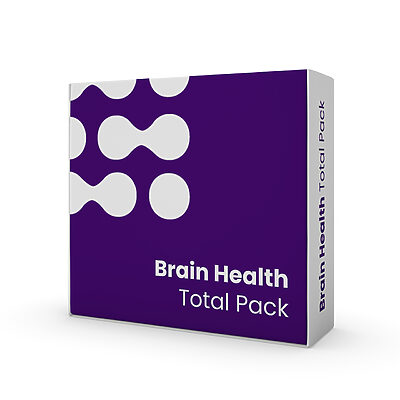
In stock | Free shipping
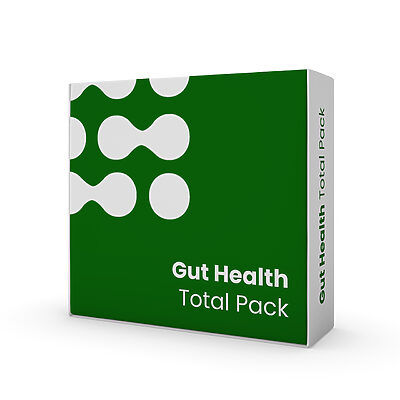
In stock | Free shipping

In stock | Free shipping
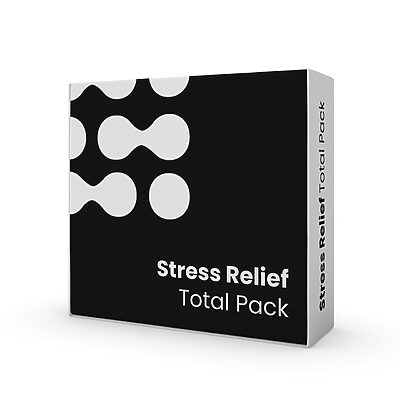
In stock | Free shipping

In stock | Free shipping
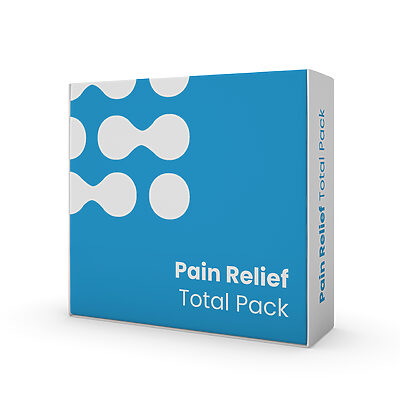
In stock | Free shipping